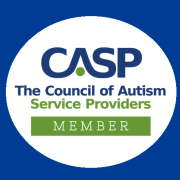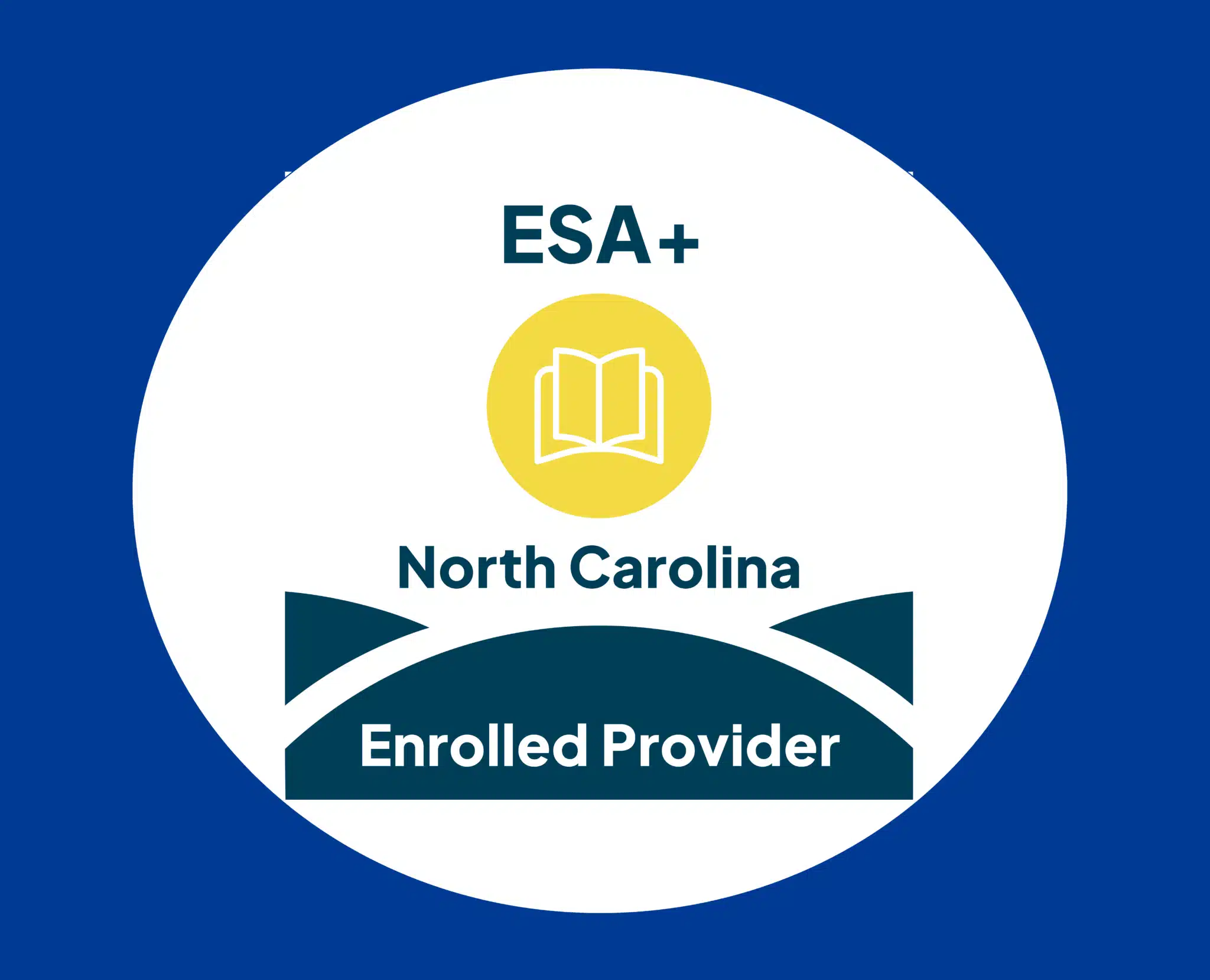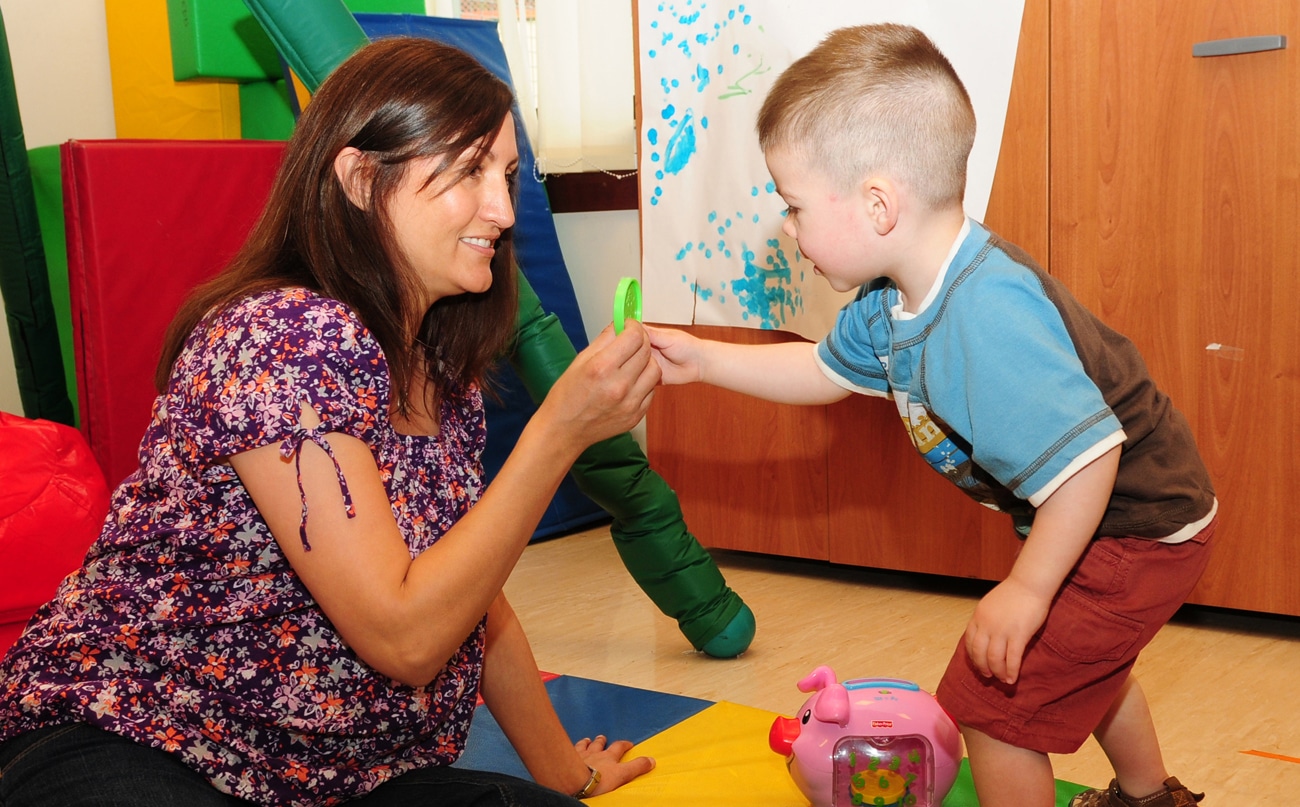Questions to Ask After Autism Diagnosis
Parents and caregivers often experience a range of emotions when seeking an autism assessment for their learner.
Many feel nervous or anxious beforehand, worrying about what the assessment might reveal and what it could mean for their learner’s future. Some feel overwhelmed by researching which practice should do the assessment and the logistical demands of the process, such as gathering documentation or understanding the steps involved. Others feel hopeful, viewing the assessment as an opportunity to gain clarity and better support their learner. Uncertainty or defensiveness can also arise, particularly if they are unsure about whether the assessment is necessary or fear the potential stigma associated with a diagnosis.
There’s a lot to process ahead of the assessment, and even more to consider with a positive diagnostic result. Many caregivers don’t know how to feel after an autism diagnosis. So, what is the next step after being diagnosed with autism? Our advice is to ask questions. The answers you’ll glean will help better understand your learner’s needs, strengths, and the support they’ll require – as well as foster collaboration, set the stage for effective intervention, and ensure compassionate support.
In this article, we’ll give you some categories to think about and some specific questions that may be relevant to your learner and situation. The first two sections – Understanding the Diagnosis and Intervention & Therapy – are higher level, and the ones that follow are more specific to the services we provide A Bridge to Achievement.

Understanding the Diagnosis
The first thing to do after an autism diagnosis is to understand how your learner’s autism manifests and the type of support they will need. Every autistic learner is unique; an autism diagnosis is not a one-size-fits-all label. By asking the diagnostic professional these questions, you will gain knowledge that sets the foundation for making informed decisions about therapy, interventions, and support systems.
- What does this diagnosis mean for my learner’s daily life and development?
- How does my learner’s profile compare to others on the autism spectrum?
- What are my learner’s strengths, and how can we build on them?
- What specific challenges or behaviors should we prioritize for support?
- How might this diagnosis evolve as my learner grows?
Intervention & Therapy
Therapeutic intervention can significantly impact a learner’s development and long-term outcomes. ABA therapy, speech therapy, and occupational therapy address specific challenges while building critical life skills.
- What types of therapies or interventions would you recommend for my learner?
- How can Applied Behavior Analysis (ABA) therapy help address my learner’s unique needs?
- How do you set goals for ABA therapy, and how will we measure progress?
- What role will I play in therapy, and how can I support my learner at home?
- What other therapies might we need to consider in addition to ABA?
Behavioral Strategies
Asking these questions allows you to understand the “why” behind behaviors and find compassionate, effective ways to respond.
- How will you address challenging behaviors in a way that aligns with my family’s values?
- How do you teach skills that promote independence, such as communication, self-care, or social skills?
- What strategies do you use to handle sensory sensitivities or meltdowns?
Family Involvement & Collaboration
Therapy isn’t just about the professional sessions – it’s a partnership. As a caregiver, you play a vital role in helping your learner succeed.
- How can we ensure consistency between therapy and home routines?
- What kind of training or resources do you offer to help caregivers or siblings understand and support my learner?
- How will you involve me in creating or revising my learner’s therapeutic plan?
Educational Support
Whether it’s creating an Individualized Education Plan (IEP), ensuring teachers understand your child’s learning style, or exploring alternative educational environments, education is one of the most important arenas where support must be tailored to a child’s needs.
- How can we collaborate with my learner’s school to ensure effective accommodations?
- What should I look for in an IEP to align it with ABA goals?
- How can we advocate for my learner’s needs in educational settings?
- Do we need to consider homeschool or other learning alternatives for my learner?

Social & Emotional Development
Social and emotional development is often an area of difficulty for learners with autism, and it’s also one of the most rewarding to nurture. Building social skills and emotional regulation not only helps learners navigate relationships but also improves their overall well-being. Therapy can provide structured ways to teach these skills, and as a caregiver, you can reinforce them in daily interactions can provide structured ways to teach these skills, and as a caregiver, you can reinforce them in daily interactions.
- How will therapy address social skills, such as making friends or understanding social cues?
- How do you help learners regulate emotions and build resilience?
- Are there strategies for helping my learner communicate frustrations or needs without challenging behaviors?
Progress & Expectations
Measuring progress is a critical part of any therapeutic plan. Regular check-ins with therapists ensure that goals remain relevant and achievable. Progress may vary, and that’s okay – it’s important to set realistic expectations and remain flexible when adjustments are needed.
- How will you track my learner’s progress, and how often will we review it?
- What realistic outcomes can we expect over the next six months or year?
- How do you handle situations where progress slows or goals need adjustment?
Professional Credentials & Approach
Asking these questions of a practice and your assigned Board Certified Behavior Analyst (BCBA) can help you determine if their approach aligns with your values, ensures personalized care, and fosters a strong therapeutic relationship. They also signal that you are invested in a collaborative, thoughtful approach to your learner’s development.
- What is your experience working with learners like mine?
- How do you ensure therapy is individualized to meet my learner’s specific needs?
- What is your approach to incorporating the learner’s preferences and interests into therapy?
Empowerment & Advocacy
Advocacy is one of the most powerful tools a caregiver can have. Over time, fostering self-advocacy equips your learner to speak up for themselves.
- How can I best advocate for my learner in different settings, like school or community activities?
- What resources, books, or tools would you recommend to help us better understand autism?
- How do you help foster self-advocacy and confidence as my learner grows?
Long-Term Planning
While it’s essential to focus on next steps, planning for the future is equally important. Skills learned today – like communication, self-care, and problem-solving – lay the foundation for greater independence as your learner grows.
- What skills should we focus on now to prepare my learner’s for the future?
- Can ABA therapy help my learner transition to school, work, or independent living as they grow?
- Are there local or community resources we should explore for additional support?
If you’re ready to schedule an autism assessment at A Bridge to Achievement or have questions for our team – get in touch! Support starts here.





